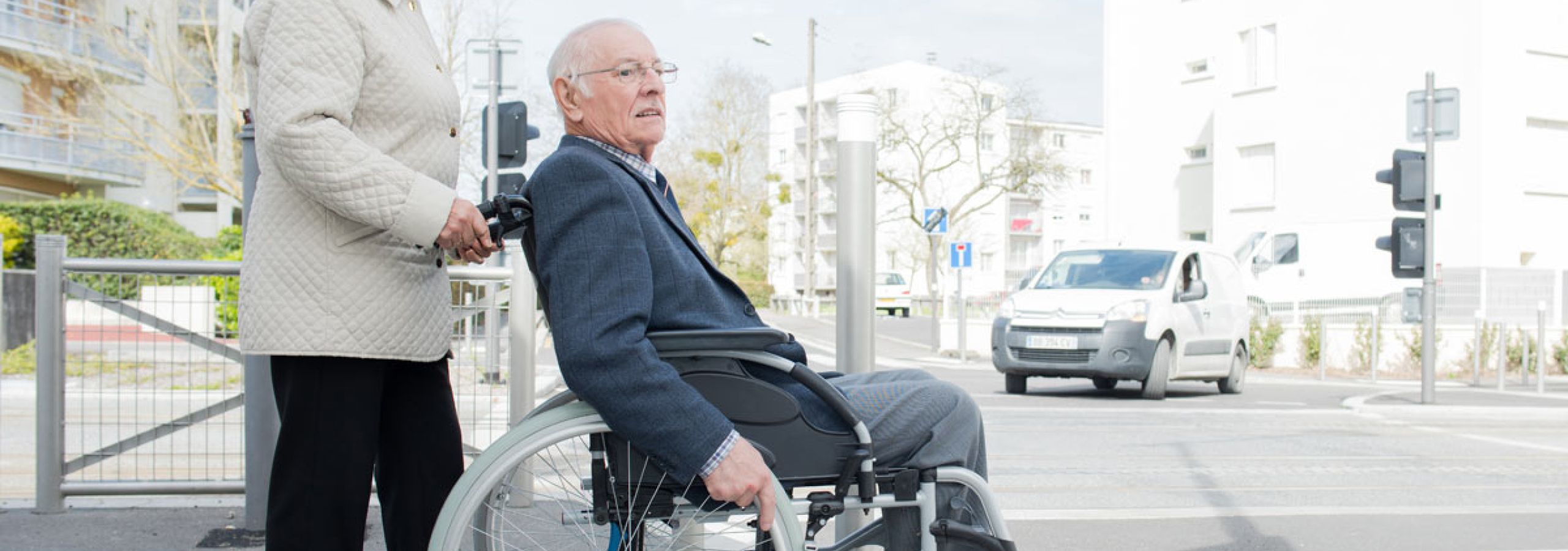
Can You Identify the Signs of Stroke Fast?
Stroke is the 3rd leading cause of death in Australia, killing almost 10,000 Australians each year. Every year more than 50,000 people in Australia have a stroke – that’s around one-hundred Australians experiencing stroke every day. The good news is 4 in 5 strokes are preventable and the odds of survival are much higher if help comes quickly. Knowing the risk factors will empower you to reduce your risk of stroke and If you know the signs of a stroke, you might just save someone’s life.
Types of Stroke
There are several types of stroke. They all involve disrupted blood flow in the brain that leads to brain damage. Here are the most common types of stroke:
- Ischemic Stroke. This stroke occurs when a clot blocks blood supply to the brain, causing brain cells to lose oxygen. If not treated immediately, this lack of oxygen can cause brain cells to die.
- Transient Ischemic Attacks (TIA). This is a type of ischemic stroke, but TIA involves only a temporary blood clot that goes away on its own. A TIA is a warning that a bigger, more serious stroke may be on the way.
- Haemorrhagic stroke. This involves bleeding in the brain rather than a clot. Haemorrhagic stroke causes include aneurysms and arteriovenous malformations. These are weak blood vessels. Uncontrolled high blood pressure is the most common cause of haemorrhagic stroke.
- Silent stroke. This type of stroke has no noticed symptoms and is often identified long after it occurs via MRI. Silent strokes increase the risk of future stroke, and whilst they have no immediate impact, the impact builds up over time and can result in cognitive decline, and dementia.
What are the Signs of a Stroke?
Signs of a stroke can include the following:
- Sudden weakness on one side of the body. This includes facial drooping, weakness in the arms and legs, and numbness.
- Sudden slurred speech. This might also include confusion and difficulty understanding others.
- Sudden changes in vision. This can occur in one or both eyes.
- Sudden loss of coordination. This might include dizziness, feeling unbalanced, and trouble walking.
- Sudden severe headache. Many people describe this headache as the worst headache they’ve ever had. This headache may cause vomiting.
What to do if Someone is Having a Stroke
The Stroke Foundation recommends the use of the acronym FAST to identify that someone is having a stroke:
FAST Signs of a Stroke:
- Face drooping. One side of the face may droop or become numb. Ask the person to smile. Does one side of the face droop?
- Arm weakness. One arm may become weak or numb. Ask the person to raise both arms. Does one arm drift downward?
- Speech. Speech may become slurred and difficult to understand. Ask the person to repeat a simple phrase. Is speech slurred or garbled?
- Time to call. If you observe any of these signs, call 000 immediately. Call even if the signs go away. Check the time so you know exactly when symptoms began.
Acting quickly in the event of a stroke is essential. The chances of survival are greater when emergency treatment begins quickly. People who receive treatment within three hours of symptoms starting have better outcomes than those who don’t.
If someone is having a stroke, call an ambulance. Never drive them to the hospital yourself. First responders can begin life-saving treatment and perform CPR on the way to Emergency and ensure that diagnosis and treatment begin immediately upon hospital arrival.
What are the Risk Factors for a Stroke?
Risk factors for stroke include:
- High blood pressure
- High cholesterol
- Diabetes
- Smoking
- Advanced age
Women have some unique risk factors for stroke. These include:
- History of high blood pressure during pregnancy.
- Using certain types of birth control, especially if used while smoking.
Many risk factors for stroke are manageable such as high blood pressure, high cholesterol, and diabetes. Management strategies include a healthy diet, exercise, and medication. If you or a loved one has any of these conditions, make a plan to see a doctor so you can learn how to manage them. If you or your loved one smokes, consider quitting or cutting back.
Advancing age is also a risk factor due to blood vessel damage which occurs through the ageing process. It is possible however to limit that damage through healthy lifestyle choices.
If you are at a significant risk for stroke, doctors commonly prescribe a low dose of aspirin to reduce the risk.
Recovering from a Stroke
If you or your loved one has suffered a stroke, it can be a challenging medical event to cope with and recover from. Patients must simultaneously overcome physical, cognitive and emotional challenges. Many stroke survivors report frustrations with the recovery process. Having a professional care team can help you take a proactive and informed approach to post-stroke care to ease stress.
1 in 4 stroke survivors will have another stroke within 5 years. Up to 80% of second ischemic strokes may be preventable. Accessing care provides the support in reducing the risk of future stroke. Care providers can help by:
- Preparing healthy meals that lower cholesterol and keep blood sugar under control
- Assisting with exercise to improve blood pressure
- Scheduling and attending medical appointments to manage medical conditions
So now you have all of the essential knowledge about strokes including how to lower your risk of stroke, how to respond if you witness a stroke, and how to support a loved one through stoke recovery.
References
